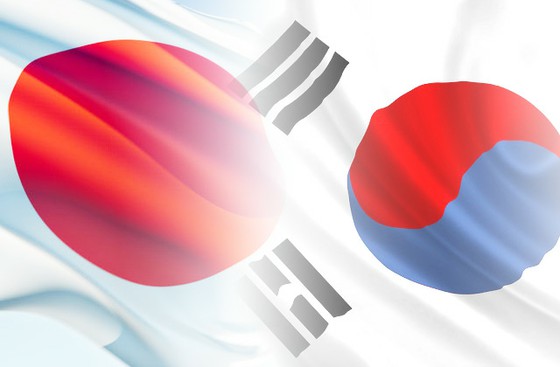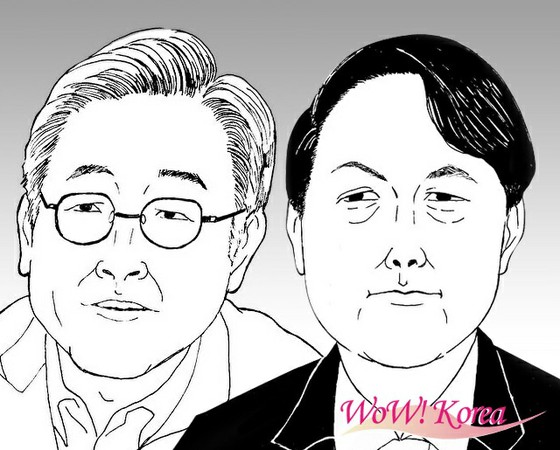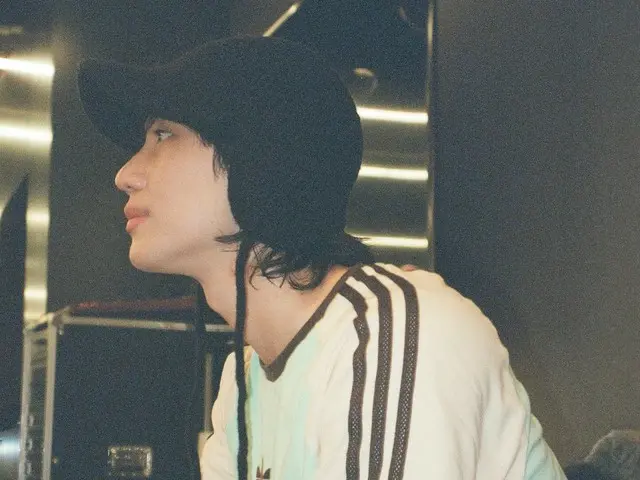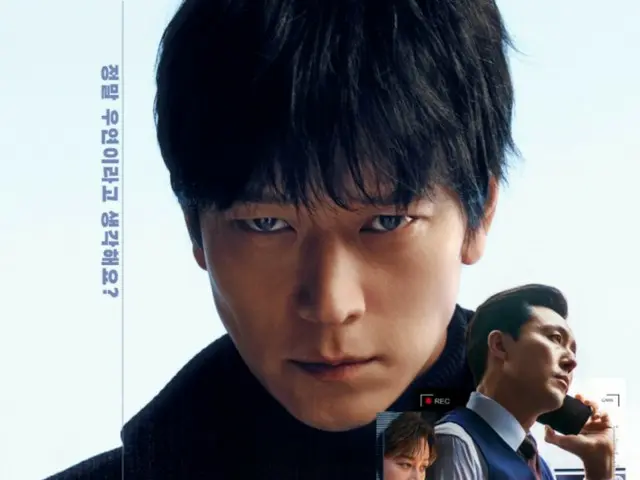   |
Following Japan's return to a blank slate of the joint announcement of the Japan-US-Korea Foreign Ministers' Meeting in response to the visit by Director Kim Chang-ryong of the Korean Police Agency to Takeshima (Dokdo), a separate mechanism was established within the ruling party. It is also considering a proposal to file a lawsuit with the International Court of Justice (ICJ).
It is said that the Korean presidential office "Blue House" has not proceeded with any special discussions on this. As the presidential election race begins in earnest, it will be interesting to see how the deterioration of Japan-South Korea relations will affect the whereabouts of the presidential election.
The Asahi Shimbun reported on the 25th of this month that the Liberal Democratic Party's policy-making bodies, the Diplomatic Subcommittee and the Diplomatic Investigation Committee, will counter Kim's visit to Takeshima on the 16th of this month at a joint meeting held the day before. Decided to set up a team to consider measures. The Japanese government claiming Takeshima's sovereignty protested the South Korean government through a diplomatic channel after being informed of the fact that Kim visited Takeshima.
For this reason, the Asahi Shimbun reported that the two organizations have decided to set up a joint team to consider countermeasures against South Korea. Specific countermeasures to be considered include filing a lawsuit with the International Court of Justice (ICJ).
The Korean presidential office has not expressed its position since the fact was reported. An official of Cheong Wa Dae said, "To date, we have not discussed how to deal with this."
Takeo Mori, Vice-Minister of Foreign Affairs, Mr. Choi Jung-gon, Deputy Secretary of State of the Korean Ministry of Foreign Affairs, and Mr. Wendy Sherman, Deputy Secretary of State of the U.S. Department of State, who were visiting the United States, were the 9th Vice-Minister of Foreign Affairs in Washington on the 17th (local time). A joint meeting was planned to be held after the meeting was held, but the joint meeting did not happen.
At that time, Deputy Minister Choi Jung-gon said, "The Japanese side has conveyed the position that they cannot attend the press conference due to the issue of the Korean police agency's visit to Takeshima." Regarding the background of the cancellation of the Japan-US-Korea joint press conference explained by Deputy Minister Choi, the Korean presidential office said, "If it is true that Japan did not participate for that reason, I think it would be very unusual." (Takeshima) reemphasizes the fact that it is a Korean territory that is clear in terms of history, geography, and international law."
At that time, the Korean Police Agency discussed the issue of Kim's visit to Takeshima with the Korean Ministry of Foreign Affairs, and the Korean Ministry of Foreign Affairs reported this to Cheong Wa Dae.
In July of this year, President Moon instructed him to continue business negotiations, saying that he was disappointed that the Japan-Korea summit meeting, which had been promoted in the wake of the Tokyo Olympics, ended up in a mess. At the time, President Park Soo-hyun of the South Korean presidential office said in a radio interview that "President Moon is also familiar with the (anti-Japanese) public opinion and parliamentary opinions of the people." I have come up with the belief that the president's path needs to be different for the national interests of the Republic of Korea."
However, the relationship between the two countries has not shown any signs of improvement since then. President Fumio Kishida expressed his intention to improve Japan-South Korea relations when he had a telephone conversation with Prime Minister Fumio Kishida earlier this month, but he could not close his disagreement on historical issues. A high-ranking government official who is familiar with the situation said, "I have heard that the Japan-Korea summit meeting during the term of President Moon Jae-in is difficult."
The presidential candidates of the ruling and opposition parties are showing different positions when it comes to dealing with Japan.
President Lee Jae-myung of the Democratic Party of Korea, an innovative ruling party, said at the Corasia Forum on the future of Japan-Korea relations the day before, "In a two-track approach that separates past history and territorial issues from social and economic issues. Create a future-oriented relationship."
Presidential candidate Yun Seok-yul, the largest conservative opposition party, said, "We will not repeat the mistake of dividing the people into pro-Japan and anti-Japan and binding Japan-South Korea relations in the past." However, both candidates agreed that it is necessary to normalize Japan-South Korea relations.
While the ruling and opposition party's presidential candidates have presented new solutions to the worsening Japan-South Korea relations problem, the "Takeshima issue" that emerged four months after the presidential election is likely to become a major variable in the election.
In fact, after Japan took export restrictions in July 2019, when the South Korean government made a strong voice, the approval rating of President Moon and the approval rating of "Democratic Party of Korea" were on the rise.
Looking at the weekday tabulation of the fourth week of July 2019 by the opinion polling agency "Realmeter" (wireless 80: wired 20, surveyed a total of 1508 people), President Moon's approval rating (affirmative evaluation) was 2.2 from the previous week. It recorded a record high of 54.0%, which was a percentage increase for the first time in about 9 months. President Moon's approval rating rose from 51.3% in the first week's of July 2019 to 47.8% in the second week's, but rose to 51.8% and 54% when the government's response began in earnest.
Realmeter said, "President Moon's approval rating has removed South Korea from the White nation, and there have been a series of reports about the possibility of expanding Japan's economic retaliation. It seems that the series of response messages and activities by the Korean government have gained the trust of the public."
The approval rating of the ruling Democratic Party of Korea has also risen. The approval rating, which was 40.4% in the first week's of July 2019, increased to 38.6% in the 2 week's, 42.2% in the 3 week's, and 43.3% in the 4 week's.
2021/11/30 21:18 KST


